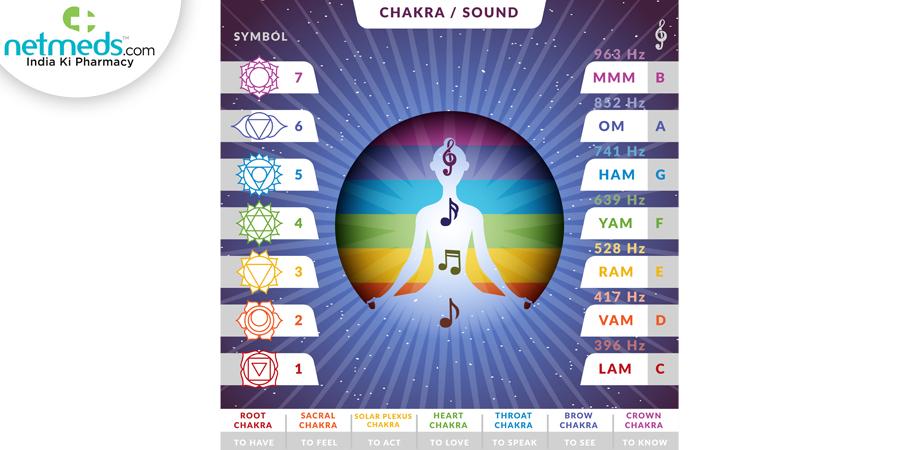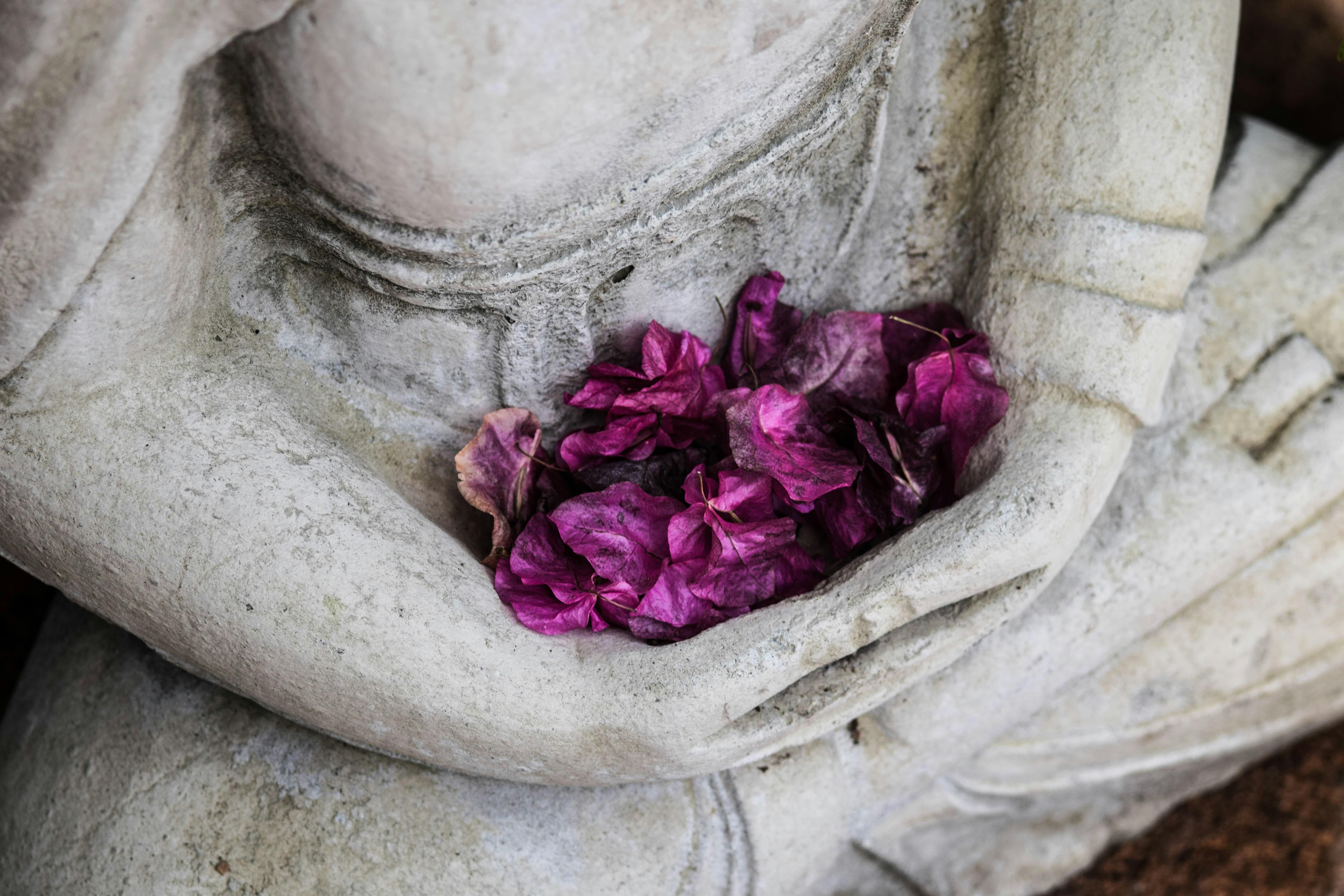In a world increasingly captivated by the pursuit of mindfulness and inner peace, mantra meditation has emerged as a popular beacon of serenity. This ancient practice, rooted in the repetition of sacred sounds or phrases, promises a pathway to tranquility amidst the chaos of modern life. Yet, as with any journey towards self-discovery, questions arise about the potential pitfalls that may lie along the way. One such question, quietly simmering beneath the surface of its widespread acclaim, is whether mantra meditation could foster a form of dependence. As we delve into this inquiry, we seek to unravel the delicate balance between beneficial practice and potential over-reliance, exploring the nuanced landscape where spiritual enrichment meets psychological entanglement. Join us as we navigate this intriguing intersection, examining the nature of mantra meditation and its effects on the human psyche.
Exploring the Psychological Underpinnings of Mantra Meditation
At the core of mantra meditation lies a fascinating interplay between cognitive processes and emotional regulation. This practice, rooted in ancient traditions, involves the repetition of specific sounds or phrases, known as mantras. These repetitive sounds serve as an anchor for the mind, promoting a sense of calm and focus. The psychological mechanisms at work can be quite profound, engaging areas of the brain associated with attention and emotion regulation. As practitioners immerse themselves in this rhythmic vocalization, they may experience a shift in consciousness, often described as a meditative state that enhances self-awareness and reduces stress.
However, the potential for dependence on mantra meditation arises when individuals begin to rely excessively on these practices for emotional stability or stress relief. While generally seen as a beneficial tool for mental well-being, some might develop an over-reliance, leading to potential challenges. Key considerations include:
- Using meditation as a sole coping mechanism instead of addressing underlying issues.
- Experiencing anxiety when unable to practice regularly.
- Substituting meditation for other essential life activities or responsibilities.
Recognizing these patterns can help practitioners maintain a balanced approach, ensuring that meditation remains a supportive aspect of their overall well-being rather than a crutch.

Balancing Benefits and Risks: Understanding Dependence Potential
In the realm of personal growth and mental well-being, mantra meditation is often celebrated for its myriad of benefits, including stress reduction, improved concentration, and enhanced emotional health. However, like any practice, it is essential to weigh these advantages against potential drawbacks. One such consideration is the possibility of developing a dependence on meditation, where an individual might feel compelled to engage in the practice to function normally. This dependence can manifest in various ways:
- Emotional Reliance: Individuals may find themselves unable to manage stress or anxiety without resorting to meditation, potentially limiting their ability to develop other coping mechanisms.
- Routine Disruption: A rigid meditation schedule might interfere with daily activities or responsibilities, leading to an imbalance in one’s lifestyle.
- Expectations of Outcome: Some practitioners might become fixated on achieving specific results, such as heightened spiritual experiences, which could lead to dissatisfaction or frustration if these expectations are not met.
While the potential for dependence exists, it is essential to approach mantra meditation with mindfulness and self-awareness. Balancing its practice with other life aspects can help mitigate risks, ensuring that the benefits of meditation are enjoyed without unintended consequences.
Recognizing Signs of Meditation Overreliance in Daily Life
As the gentle rhythm of mantra meditation becomes an integral part of one’s routine, it’s easy to find solace and comfort in its practice. However, there are subtle signs that may indicate an overreliance on this spiritual tool. Recognizing these signs can help maintain a balanced approach to meditation and ensure it remains a healthy part of daily life. Consider the following indicators:
- Emotional Avoidance: If meditation is primarily used to escape uncomfortable emotions rather than to confront and process them, it may become a crutch rather than a support.
- Inflexible Routine: A strict adherence to meditation schedules at the expense of social or personal responsibilities might suggest an imbalance.
- Reduced Coping Skills: A decline in one’s ability to handle stress or conflict without meditating could be a signal of dependency.
- Decreased Enjoyment in Other Activities: If other hobbies or social interactions are losing their appeal, it might be worth examining the role meditation plays in this shift.
By staying mindful of these signs, practitioners can ensure that mantra meditation remains a beneficial and enriching practice rather than a potential source of dependence.

Practical Strategies for Healthy Meditation Practices
Establishing a balanced meditation routine requires a thoughtful approach to ensure it enhances well-being without leading to dependency. Begin by setting clear intentions for your practice. Ask yourself why you are meditating and what you hope to achieve. This helps in maintaining focus and prevents mindless repetition. Varying your meditation techniques can also be beneficial. While mantra meditation can be powerful, incorporating mindfulness, guided visualizations, or breathing exercises can offer a holistic experience and prevent monotony.
Practical strategies to keep your practice healthy and sustainable include:
- Set a time limit: Start with shorter sessions and gradually increase the duration to avoid overwhelming yourself.
- Consistency over intensity: Aim for regular practice rather than lengthy, sporadic sessions.
- Create a dedicated space: Having a specific area for meditation can help establish a routine and signal your brain to switch into a meditative state.
- Stay mindful of your progress: Regularly reflect on your experiences and adjust your practice to suit your evolving needs.
By incorporating these strategies, you can cultivate a fulfilling meditation practice that supports your mental and emotional health without fostering dependence.
To Wrap It Up
In the intricate tapestry of human experience, mantra meditation emerges as both a tool for tranquility and a potential crutch for the unwary. As we draw this exploration to a close, we are reminded that the essence of meditation lies in balance and awareness. Like the gentle ebb and flow of the tide, its practice can bring profound peace or unintended reliance. It is not the mantra itself, but our relationship with it, that shapes our journey. As seekers of inner harmony, let us tread mindfully, cherishing the clarity that meditation offers while remaining vigilant to the whispers of dependence. the power lies within us to navigate this path with both serenity and discernment, embracing the gifts of mantra meditation while staying true to our inner compass.
